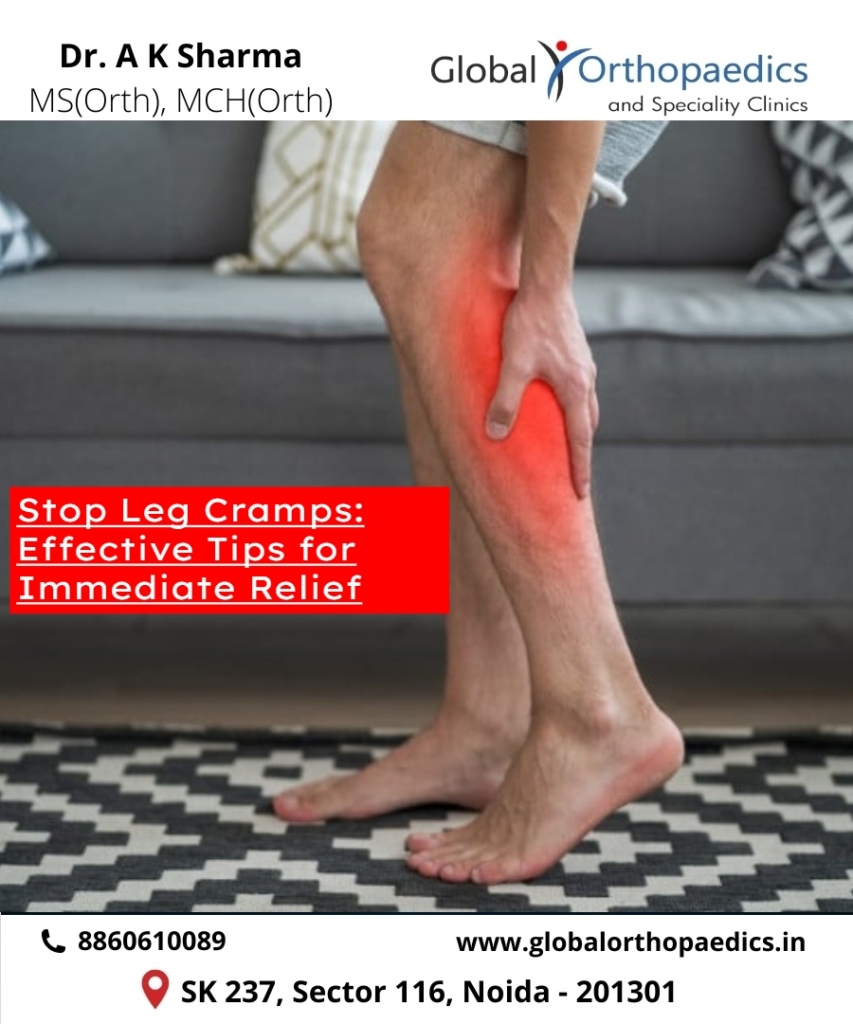Leg cramps, those sudden, painful muscle contractions, can disrupt sleep, exercise routines, and even daily activities. While they can be frustrating and uncomfortable, there are several effective strategies to alleviate leg cramps quickly.

Understanding Leg Cramps
Leg cramps, also known as muscle spasms, are involuntary contractions of a muscle or group of muscles. They can occur in any muscle group but are most common in the calves. Several factors can contribute to leg cramps, including:
- Dehydration: Inadequate fluid intake can lead to electrolyte imbalances, triggering muscle cramps.
- Mineral Deficiency: Deficiencies in minerals like magnesium, potassium, or calcium can contribute to cramps.
- Overexertion: Intense physical activity or overuse of muscles can cause cramps.
- Medical Conditions: Certain medical conditions, such as pregnancy, diabetes, or nerve disorders, can increase the risk of leg cramps.
Immediate Relief Techniques
- Stretch the Muscle: Gently stretch the affected muscle to relieve tension and reduce cramping. For calf cramps, try pointing your toes towards the ceiling while sitting or standing.
- Apply Pressure: Press firmly on the affected muscle to help it relax. You can use your hand, a tennis ball, or a golf ball.
- Massage the Muscle: Gently massage the cramped muscle to improve blood flow and reduce tension.
- Warm Compress: Apply a warm compress to the affected area to help relax the muscle.
Preventing Future Cramps
- Stay Hydrated: Drink plenty of water throughout the day to prevent dehydration.
- Maintain a Balanced Diet: Ensure you’re getting enough magnesium, potassium, and calcium in your diet.
- Stretch Regularly: Incorporate stretching exercises into your daily routine to improve flexibility and prevent muscle tightness.
- Address Underlying Conditions: If you have a medical condition that’s contributing to leg cramps, work with your doctor to manage it effectively.
Conclusion
Leg cramps can be painful and disruptive, but there are effective strategies to alleviate them and prevent future occurrences. By staying hydrated, maintaining a balanced diet, stretching regularly, and addressing underlying medical conditions, you can significantly reduce the frequency and severity of leg cramps. If you continue to experience persistent or severe leg cramps, don’t hesitate to seek medical advice from a qualified sports injury doctor in Noida.


